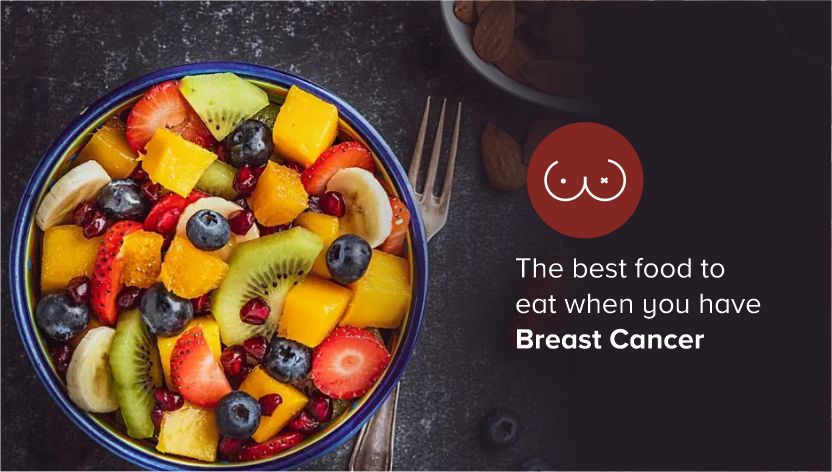Dealing with breast cancer is a challenging experience, but maintaining a balanced diet can play a crucial role in your treatment and recovery. The right foods can help boost your immune system, maintain your energy levels, and improve your overall health.
